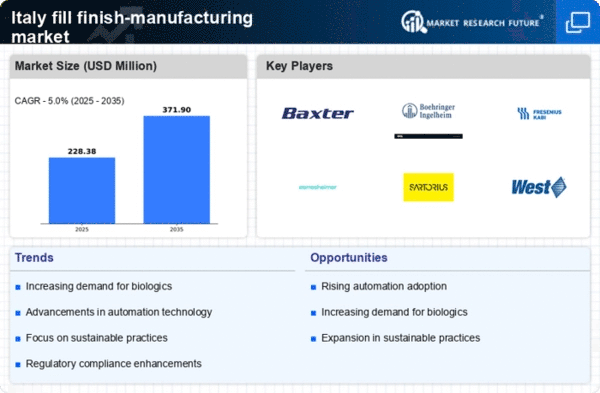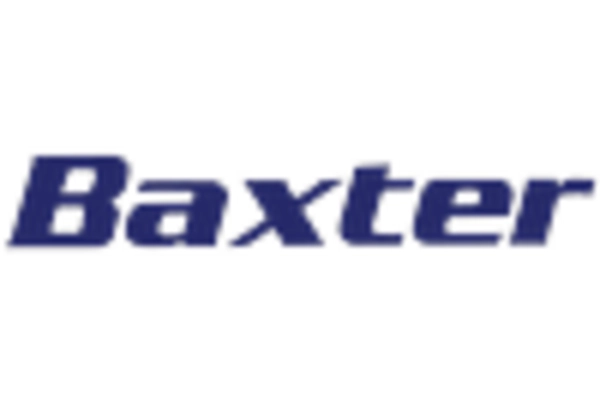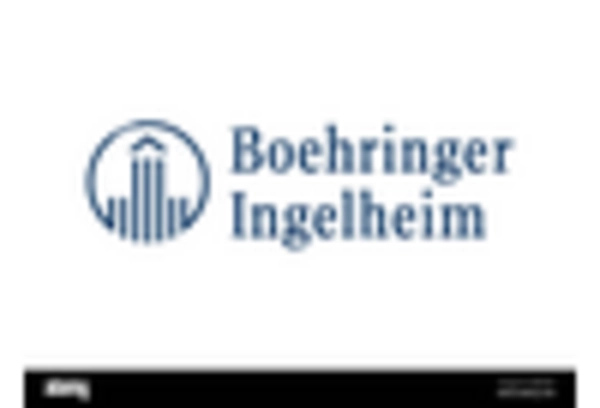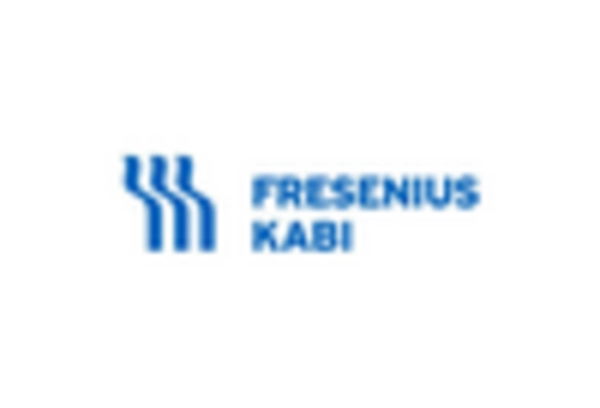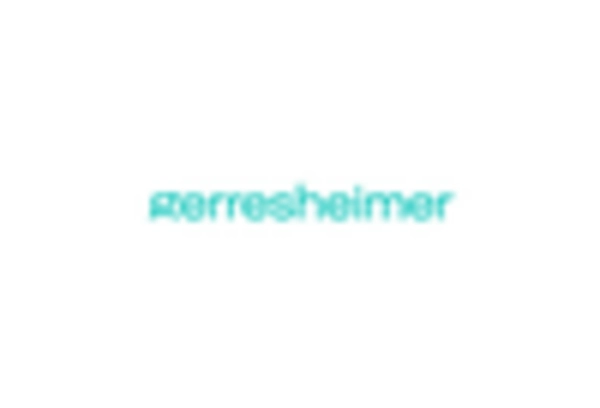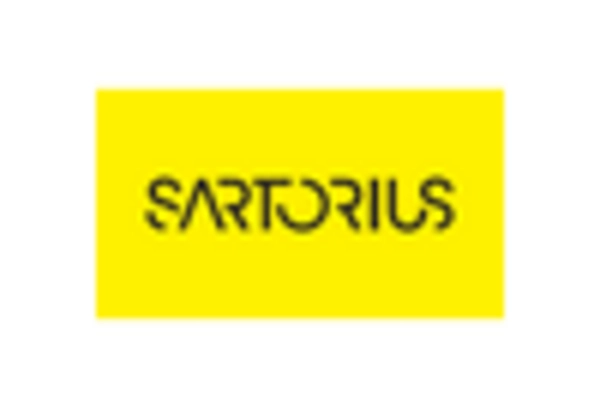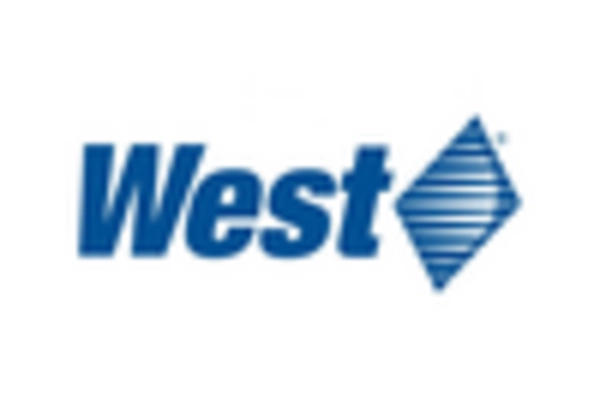Focus on Quality Assurance
Quality assurance remains a critical driver in the fill finish-manufacturing market, particularly in Italy's highly regulated pharmaceutical sector. The emphasis on product safety and efficacy has led to stringent quality control measures throughout the manufacturing process. Regulatory bodies mandate rigorous testing and validation protocols, which necessitate significant investment in quality assurance systems. In 2025, it is estimated that companies will allocate approximately 15% of their operational budgets to quality assurance initiatives. This focus not only ensures compliance with regulations but also enhances consumer trust in pharmaceutical products. As a result, the fill finish-manufacturing market is expected to experience increased demand for advanced quality assurance technologies, which are essential for maintaining high standards in production.
Emergence of Personalized Medicine
The rise of personalized medicine is reshaping the landscape of the fill finish-manufacturing market in Italy. As healthcare shifts towards tailored therapies, the need for flexible manufacturing processes becomes paramount. Personalized medicine often requires smaller batch sizes and unique formulations, which can complicate traditional fill finish operations. This trend is prompting manufacturers to adapt their processes to accommodate the specific needs of personalized therapies. It is anticipated that by 2027, the market for personalized medicine in Italy will exceed €5 billion, further driving the demand for innovative fill finish solutions. Consequently, companies are likely to invest in technologies that enable customization and scalability, thereby enhancing their capabilities within the fill finish-manufacturing market.
Growing Emphasis on Sustainability
Sustainability is increasingly becoming a focal point in the fill finish-manufacturing market, as companies in Italy strive to reduce their environmental impact. The push for eco-friendly practices is influencing various aspects of manufacturing, from sourcing materials to waste management. In 2025, it is projected that approximately 20% of manufacturers will implement sustainable practices in their operations. This includes the use of recyclable materials and energy-efficient technologies, which not only align with regulatory expectations but also appeal to environmentally conscious consumers. As sustainability becomes a competitive differentiator, companies are likely to enhance their investments in green technologies, thereby transforming the fill finish-manufacturing market towards more sustainable practices.
Rising Demand for Biopharmaceuticals
The increasing demand for biopharmaceuticals in Italy is a pivotal driver for the fill finish-manufacturing market. As the healthcare sector evolves, the need for advanced therapies, including monoclonal antibodies and vaccines, has surged. This trend is reflected in the Italian pharmaceutical market, which is projected to reach approximately €35 billion by 2026. the fill finish-manufacturing market is essential for the safe and efficient packaging of these sensitive products. The complexity of biopharmaceuticals necessitates specialized fill finish processes, which are tailored to maintain product integrity and efficacy. Consequently, manufacturers are investing in state-of-the-art facilities and technologies to meet this growing demand, thereby enhancing their competitive edge in the fill finish-manufacturing market.
Investment in Automation and Robotics
The integration of automation and robotics in the fill finish-manufacturing market is transforming production efficiency in Italy. As manufacturers seek to optimize operations, the adoption of automated systems is becoming increasingly prevalent. This shift is driven by the need to reduce labor costs and improve precision in filling and packaging processes. According to recent data, automation can enhance production speed by up to 30%, significantly impacting the overall output of the fill finish-manufacturing market. Furthermore, the implementation of robotics minimizes human error, ensuring higher quality standards. As a result, companies are likely to allocate substantial resources towards upgrading their facilities with advanced automation technologies, thereby positioning themselves favorably within the competitive landscape of the fill finish-manufacturing market.


